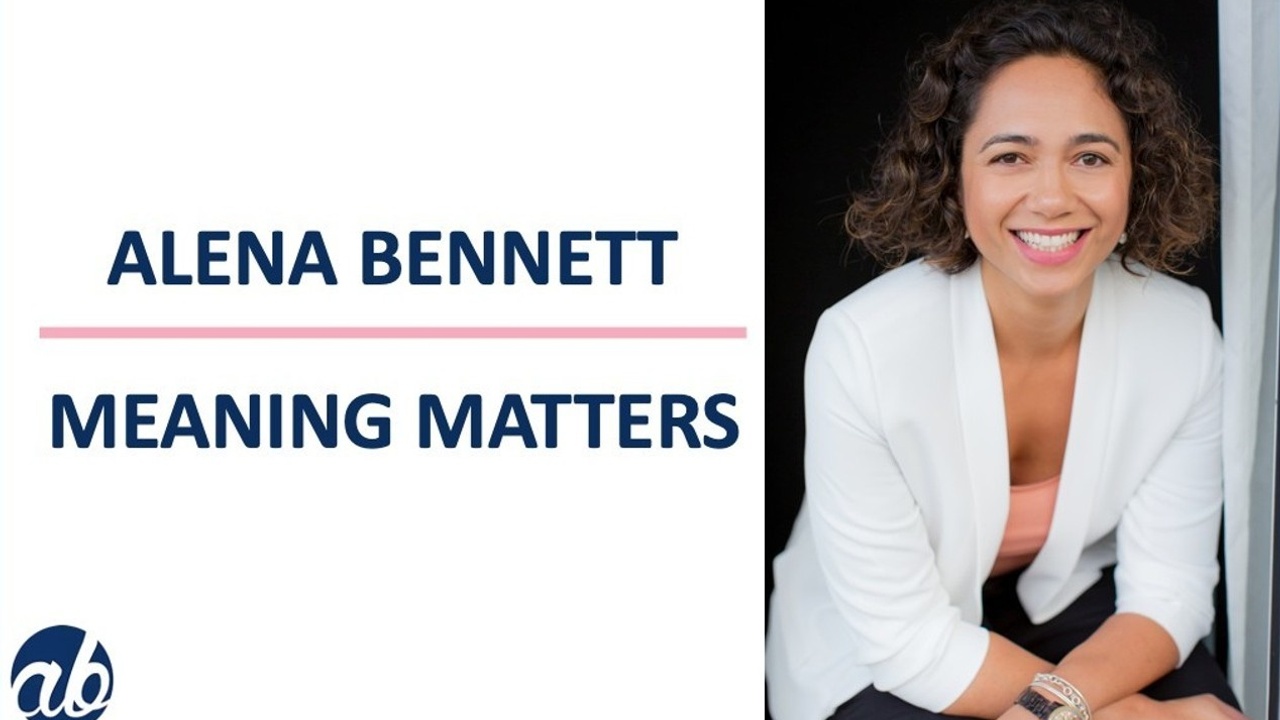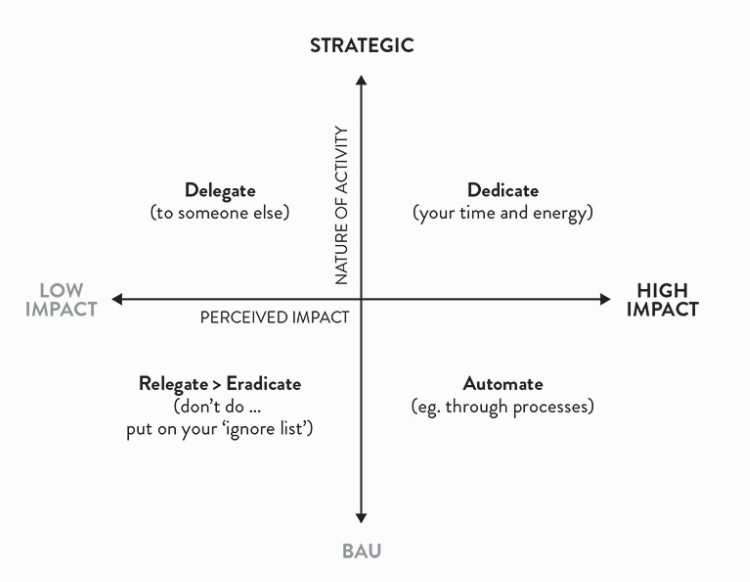Having realised we were both holidaying in the same part of the beautiful mid-North coast of NSW, I had dinner this week with a dear friend of mine, one of Australia's most influential finance leaders. Having not seen each other for the best part of the last year we were catching up on work, family and life in general. We shared how 2021 was a big year for both of us, successful in many ways, but we both lamented that our health and presence with our children had taken a bit of a hit. We agreed 2022 was our year to make things right.
Sound familiar?
I think there have been millions of these conversations shared around the world over the past few weeks. New year, new intentions, reaffirmed priorities.
This, however, is not a new story.
So what goes wrong?
Inevitably we return to work (whether it be the office or our remote office) to a bursting calendar and an overflowing email inbox. The work has continued even in your absence. You have an IBNR or performance analysis to review, stakeholders are asking for updates and market conditions have changed, causing angst through the business. Very quickly, your break is a distant memory and those new ideas and commitments are put to the side.
We revert to our status quo
Instead of returning to work and taking the steps we know we want and need, we accidentally slip back into our existing ways of working, vowing to 'get to that later'. Again and again, we prioritise day-to-day tasks at the expense of our own personal development and desires. We help others to do their jobs but put ourselves, our ambitions, and our aspirations on the backburner.
We need to learn how to decide what we need to do and where we need to spend our time. But we need to do that while still keeping on top of BAU. And therein lies the issue: we don't know how to do that and even if we do, we don't make the time to do it.
Amplify the impact of your to-do list
First off, I'm going to ask you a few questions for you to consider:
• Do you have a to-do list?
• Is it written down?
• Do you have 1 list or 3, scattered in different places?
You need to have 1 to-do list, that is regularly reviewed and maintained. That to-do list should be a list of all the actions and tasks you need... to do!
Getting task clarity
In order to focus on the right things, we need to get clarity around how to categorise and therefore prioritise your never ending list of tasks. So you want to know:
• Is the task a BAU activity, or a strategic task? A strategic task is one that aligns with your organisation or team's strategy or enables you to achieve your personal or professional vision. BAU is purely operational.
• Is the task low impact or high impact? The best way to think about this is to consider what would happen if you didn't do the task. Would anyone care? Would there be negative consequences for you?
We can envisage these filters as a four-quadrant model:
Using the model
If you have come into the new year reinvigorated and ready to focus on having your best year yet, then start by reviewing this model and using it as a way to filter your to-do list.
Let's take a closer look at each quadrant, starting with the least important: the low-impact, BAU activities.
Relegate/eradicate
If you have a BAU item on your list and the impact of not doing it is low or negligible (that is, it wouldn't result in a material mistake or regulatory or compliance breach), it doesn't deserve your attention. You might know these because this is the list of 'should-dos' and 'could-dos' that are permanently entrenched in your 'to-do' list. Stick these items on your ignore list. [1]
Automate
As a CFO, we must comply with countless regulations, standards, and guidelines. And even though they're repetitive and menial, we still need to do them because the impact of not doing would be significant. It would escalate up the chain faster than a possum up a tree! For tasks like this, we need to figure out how to automate them. We can't be investing any non-essential time, brain space or and energy on these items.
Delegate
These are the tasks that tend to interest us and draw the attention of senior leadership (that is, the people that matter most) but not all strategic tasks are created equal. As CFOs we need to be discerning about which tasks we do ourselves, and which ones we can oversee and supervise. If we do all the detailed tasks associated with strategic activity ourselves, we're straight back into 'doing-land'. What tasks can your team do?
Dedicate
This is where the action happens! Activities that are both high impact and strategic in nature are the ones you should be dedicating the most time and energy to. These are also the activities that, when done well, will raise your profile within your organisation and embed yourself as the commercially strategic CFO you want to be. This is where you want to play!
Do you like a good coffee?
As I write this, I'm having my morning coffee. A long black, which means there's no room for bad coffee to hide. Good coffee needs an exceptionally good filtering process otherwise it tastes like dish water or a hot cup of Angostura bitters.
This model is a bit like a coffee filter. It makes everything else work well. Pour your to-do list through this model and you'll find it will set you up with a system whereby you and your team do only valued activities with a tangible impact. Instead of balancing endless spinning plates on your hands, your feet, your chin, and your head (you know what I'm talking about!), you can throw the plates to the people or places that make sense until you're left spinning only those plates that have the impact you desire.
What opportunities does 2022 hold for you?
Imagine you're having dinner with a friend in January 2023, reflecting on the year just passed.
I know the conversation I want to be having. Do you?


